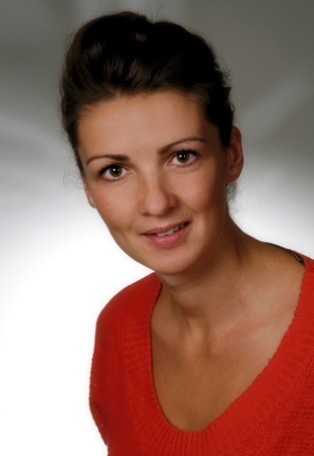Stephanie Hirmer, Sidney Sussex College, 2011
Stephanie Hirmer is from Germany and obtained a first class degree in Civil Engineering from the University of Warwick in 2010. After completing her Bachelor degree she worked as a Consultant for the Promotion of Rural Electrification and Energy Efficiency Programme (PREEEP) for the Deutsche Gesellschaft für Internationale Zusammenarbeit (GIZ) GmbH in Uganda.
After completing the MPhil, Stephanie commenced on a PhD in the Centre for Sustainable Development focusing on the value of rural electrification for the host community.
Dissertation Title:
Stakeholder participation in the developing world: Making the deployment of pico-PV more sustainable along the value chain
Stephanie’s Report:
Throughout my Civil Engineering bachelors degree I was extremely keen on getting involved in the energy and environment field.
To put my enthusiasm into practice, in the summer of 2009 I initiated and successfully implemented the first Pico-hydropower plant in Uganda. As a direct consequence, I was hired by the German development agency to actively contribute in the dissemination of sustainable rural electrification projects. I gained a plethora of valuable experiences in this role, from which I began to appreciate the complexity of working in such a challenging environment. I soon learnt that financial sustainability is too often the primary driver for development, thus hindering a project’s appraisal of the local beneficiaries’ needs and aspirations.
Subsequent to my thoroughly enjoyable work in international engineering aid, my knowledge-base was notably limited to personal experience. In an effort to broaden and deepen my capacity for positive contribution to sustainable development implementation, I took the initiative to apply for the MPhil in Engineering for Sustainable Development at The University of Cambridge.
The course has taught me indispensable skills which are complimented owing to its multi-disciplinary nature. Further to this, I believe one of the greatest assets is the participatory setting in which the teaching is delivered. This allows for intensive interaction between colleagues and lecturers alike.
Acting as a change-maker was a key function which I learnt to adopt as the course progressed. The outcome proved beneficial to both me and my colleagues, as many were then driven to open discussions in lecture halls and practice newly acquired knowledge in a safe working environment. In addition to this, my roles as Course Representative and Graduate School Committee Member enabled me to frequently contribute actively towards the course’s development.
Improved communication and inspiration gave rise to the creation of highly effective work groups. I, together with fellow students, participated in two high profile extra-curricular competitions: The Hult Global Case Challenge bringing light to one million people in Africa; and The McKinsey Innovate 2012 Competition. The latter of which we won with our company entitled, “The Ethical Tomato Co”.
At the end of the year I worked on my dissertation which looks at the sustainable deployment of Pico-PV products in the developing world, a topic of great personal appeal. I joined the Centre for Sustainable Development in January 2013 to commence my PhD research on the value of rural electrification projects for the host community in East Africa.

